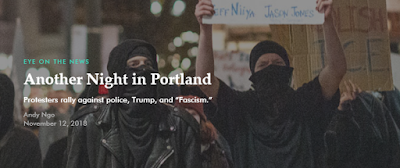If you served in the military, you can obtain a Veterans ID Card from the VA. Submit a copy of your DD-214 and they provide you with this ID. An advantage here is that it is government issued ID without all the personal information (such as address) that is found on a driver's license.
Prior to the establishment of the Veterans ID Card, there weren’t many easy options for military veterans to prove their service. The military only issues ID cards for current service members, retirees, and certain veterans with a 100% disability rating.
Many veterans who were not eligible for the above ID cards had a difficult time proving their military service, and often carried a DD Form 214, which contains personal information that should be kept secure (such as the veteran’s SSN, birthday, etc.). Best practices for avoiding identity theft recommend leaving your SSN and other personally identifying information in a locked and secure place to avoid potential loss.
Veterans ID Card for Identification Use & Proof of Service Only. The new ID cards will only be valid for proving military service. The new cards cannot be used for benefits through the VA, to access military installations, or to receive other military or veterans benefits. These ID Cards will include a photo of the veteran, their name, and a non-Social Security identification number.
It takes a few months to get the card (this is the VA) but if you want a secondary ID, or want to be able to prove military service, then the Veterans ID Card may be an option.
You can apply for a Veterans ID Card here.
--
If you are someone in an occupation that 'checks IDs', please note that while the Veterans Identification Card does not provide VA benefits, it is official government issued ID for the purpose of identification.
Operating in Hostile and Non-Permissive Environments:
A Survival and Resource Guide for Those Who Go in Harm’s Way
A Survival and Resource Guide for Those Who Go in Harm’s Way
Military personnel deployed to a combat area, their supporting contractors overseas, government civilian employees overseas, non-government organizations (NGOs), journalists working on international stories, businesses attempting to establish a foothold in developing countries, and individual travelers to remote areas of the world can all find themselves in hostile and non-permissive environments. This guide covers a broad range of subjects that are intended to aid individuals, living and working in dangerous areas, in being safer in their daily lives and in being better able to protect themselves and survive in case of an emergency, disaster, or hostile action.

























